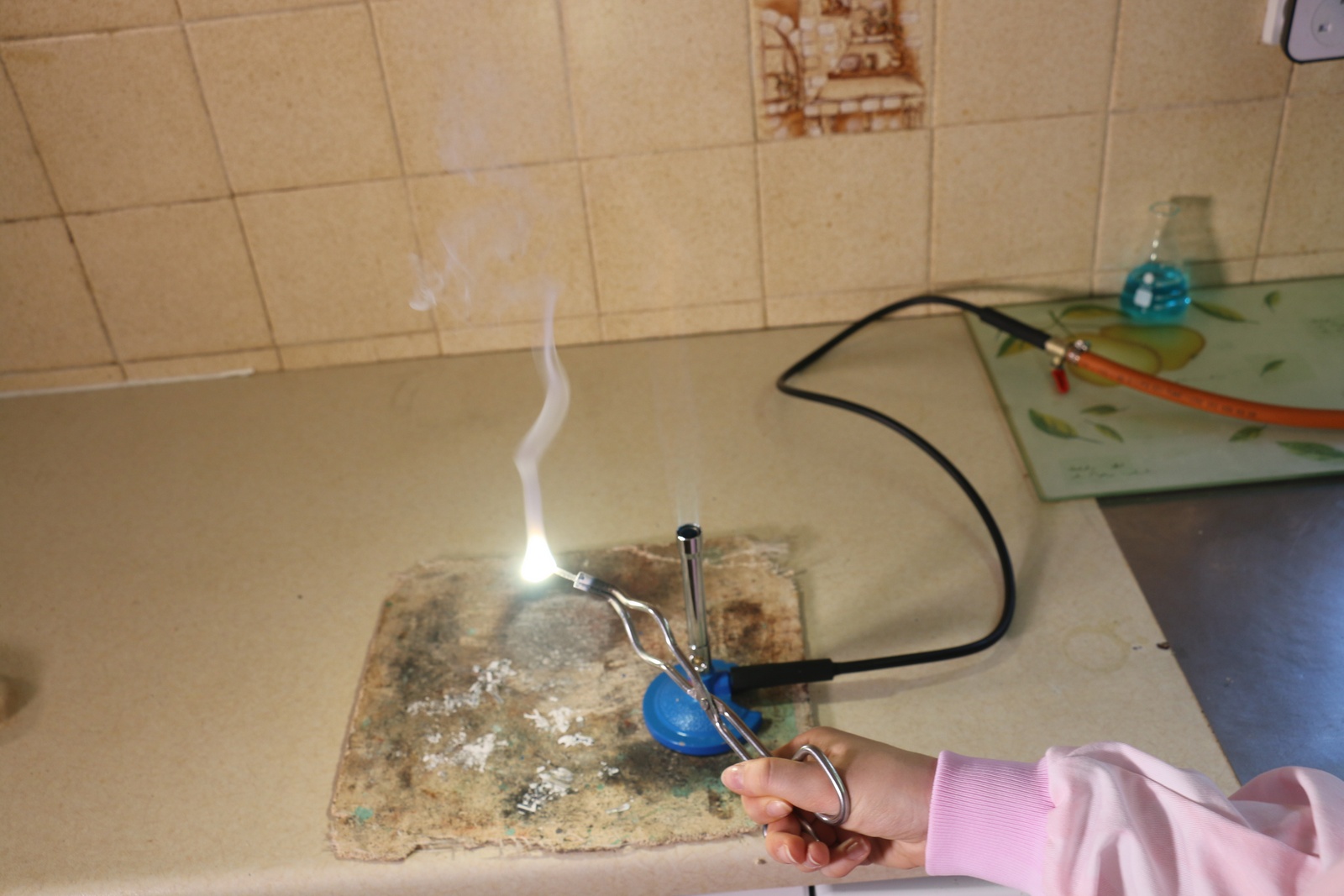Experience the best teaching from a qualified and experienced teacher with top-notch facilities for 1:1 teaching in a classroom and laboratory. Our teaching aids include visualisers, smartboards, and all the experiments for GCSE and A Level to aid understanding. We take electronic notes for students and send them straight to their phones so they have PDF notes for each session. Additionally, we have a vast electronic resource of hundreds of exam papers, including many not normally available to students. We offer both in-person and online teaching options from our TV studio, making learning accessible and convenient for all.
Unlocking the Secrets of Science:
How Our Fully Equipped Laboratory Enhances Learning
1 hour per week - up to 10 students online. Covering the whole syllabus in a year
Mondays Chemistry GSCE
Tuesdays Physics GCSE
Wednesdays Biology GCSE
Thursdays Maths GCSE
6:30-7:30pm
£25 per session per student per week
From one of our TV Studios, we can take you through the whole syllabus with demos, exercises and exam practice.
Contact Us
Philip M Russell BSc. PGCE, MCCT, MInstP.
With over 40 years of teaching experience, I am a qualified and experienced Chartered Teacher. Throughout my career, I have taught in 11-18 schools, served as a Head of Department for over 50 staff, worked in FE colleges for 16 years, and been a University Lecturer at two Universities. Beyond teaching, I am also a Film Maker, Broadcaster, and Presenter. I run my own weekly Climate Podcast and host an extensive Science YouTube Channel. Despite my diverse interests, my passion remains rooted in science and education.
In my spare time I am learning to sail
Students like and students need face to face contact. They need someone with years of professional experience, to teach them in the best possible way to allow them to achieve their full potential. By doing experiments and carrying out investigations strong memory bonds are formed which helps boost the grades.
Large 4m x 8m Classroom.
65 inch Interactive Screen
Full Laboratory - fully equipped
Large Desks
Fully distanced 2-3m
Hand washing Station.
Access to the classroom is not through the house
Distanced waiting area
Heated
